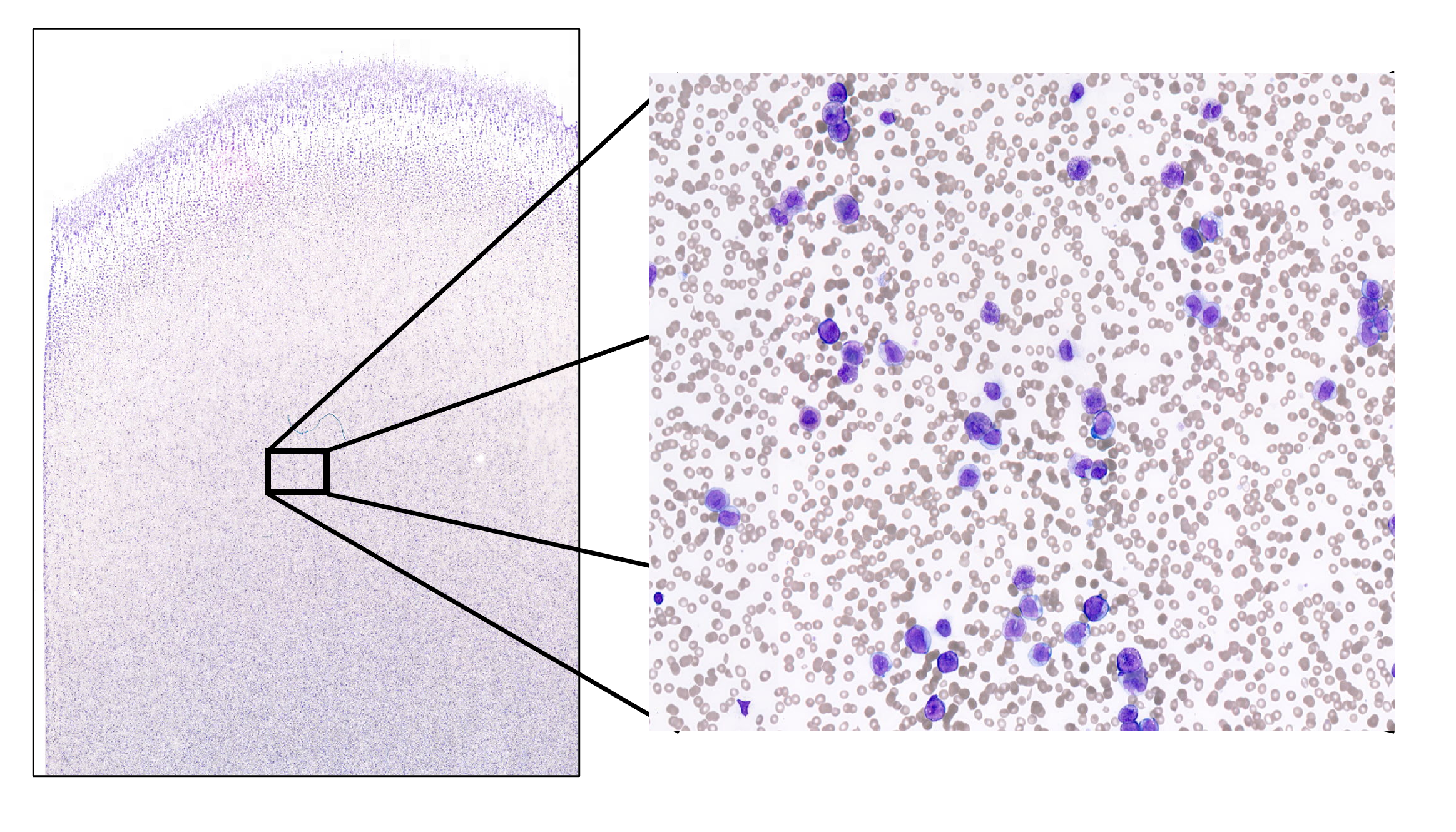How the NHS and academia collaborate to speed up diagnosis for blood disorders

In the UK, millions of people are affected by blood disorders. These range from common conditions like anaemia to life-threatening diseases such as leukaemia and lymphoma, with over 41,000 people diagnosed with blood cancer each year.1
Providing a fast and accurate diagnosis for these disorders is essential to ensure timely treatment and improve patient outcomes. However, the diagnosis is a time-consuming process leading to delayed treatment decisions potentially affecting outcomes for patients, especially in urgent situations.
In 2023/2024 alone, the NHS East and South East London (ESEL) Pathology Partnership which includes Barts Health NHS Trust, Homerton Healthcare NHS Foundation Trust and Lewisham and Greenwich NHS Trust, collected a total of 98,500 samples – that’s more than 250 per day. Given that it takes between 5-10 minutes to assess each sample for abnormalities, it takes more than a full day to review all the blood data obtained in a single day.
To speed up the process and to diagnose and support patients earlier, clinicians at Barts Health, and experts in machine learning and image recognition at Barts Life Sciences set up “BloodImage!” a project supported by the BloodCounts! consortium2 which consists of a range of healthcare organisations and universities from the UK, continental Europe and Africa. The aim of Bloodimage! is to develop AI driven models to automatically analyse and identify abnormalities from blood data, significantly saving time and resources.
Concetta Piazzese, Research Data Engineer at Barts Life Sciences, has developed an AI model as part of the Bloodimage! project to identify leukaemia cells in pathology images.
“I am excited to work on this project as BloodImage! gave me not only the opportunity to apply my background in medical imaging to pathology images but also shows how much can be achieved when clinicians and academics collaborate. From Barts Life Sciences – which is a partnership of Barts Health and Queen Mary University of London – to experts from the University of Cambridge to UZ Leuven in Belgium, everyone brings their strengths to the table to speed up the diagnosis for patients.”
Dr. Juan Tan, a haematology registrar at Addenbrookes Hospital, Cambridge, joined the Bloodimage! project in 2024 through the NHS Clinical AI Fellowship programme. He is currently trialling the preliminary version of the AI model at Royal London Hospital on a cohort of approximately 350 patients. So far, the model has been able to correctly identify patterns in medical images in about two out of three cases, which is a promising start. The next step will be to apply the model in clinical settings as part of a larger trial (involving around 1,000 to 3,000 patients) to support clinicians to unveil information hidden to the naked eye and speed up diagnosis. This will not only improve patient care, but also free up clinicians’ time so they have more capacity to focus on other clinical aspects and interacting with patients. For the future, securing long-term funding will be a crucial key factor for the project to be successful to ensure effective implementation of the model and proper integration into standard practice.
If you’d like to hear more about the project or work with us, please email datascience@bartslifesciences.org
1 – Blood Cancer UK, https://bloodcancer.org.uk/news/blood-cancer-facts/
2 – BloodCounts!, https://www.bloodcounts.org/

 Accessibility options
Accessibility options Translate the page
Translate the page